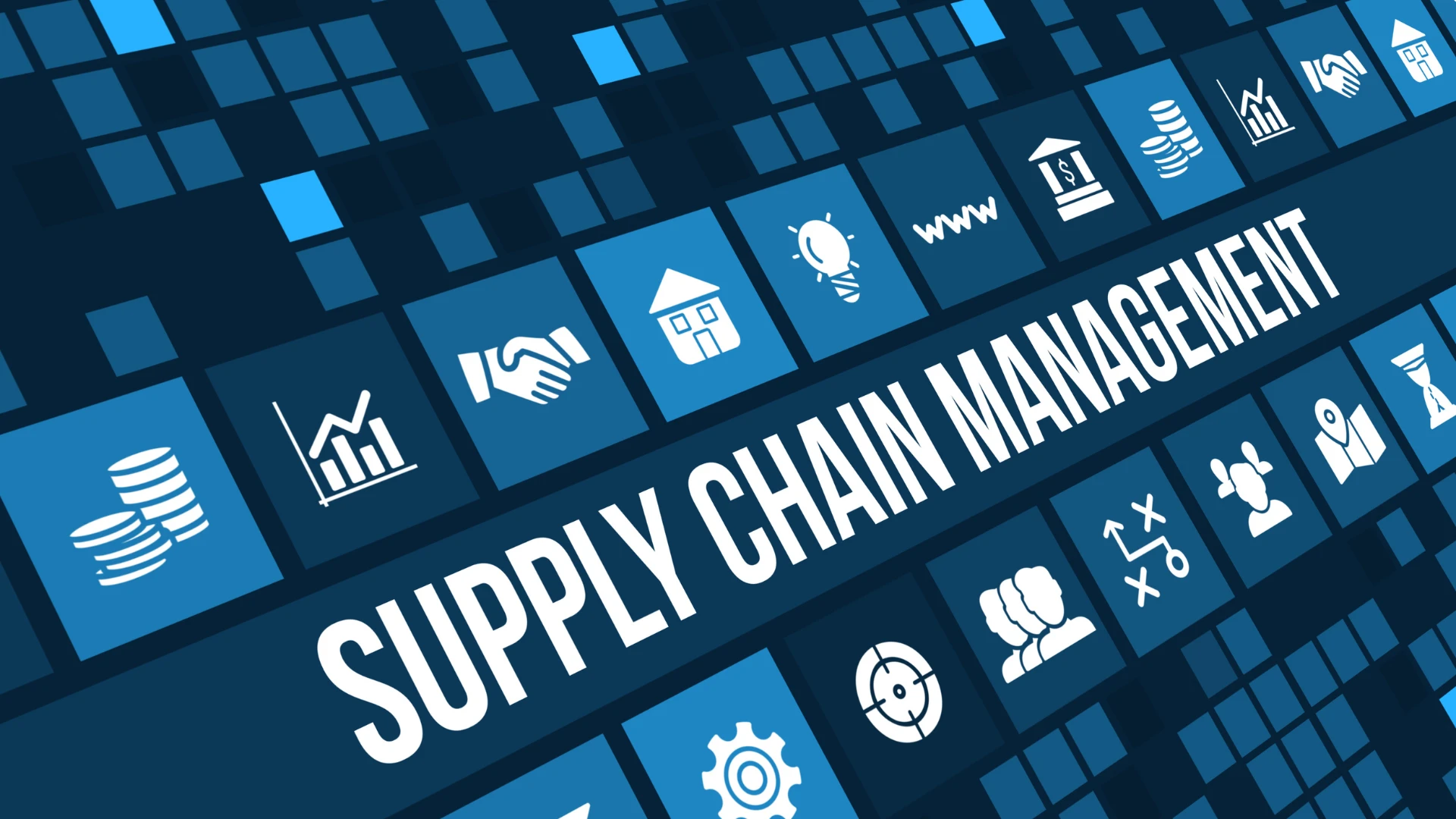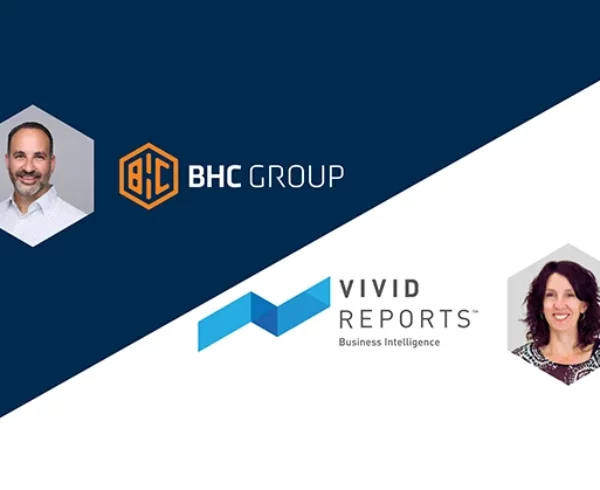
If you’re looking to build a resilient supply chain, there are several principles you should follow to ensure that your operations can withstand unexpected events. In today’s fast-paced and ever-changing business environment, it’s essential to be agile and flexible in your approach to supply chain management. Incorporating strategies that can help you quickly adapt to disruptions while minimizing the impact on your operations is essential. In this blog, we will explore four key organizing principles that you can use to build a more resilient supply chain. These principles will help mitigate risks, improve your response to disruptions, and create a more adaptable and agile supply chain.
Principle 1
The first principle for building a resilient supply chain is diversifying your suppliers, not relying on just one supplier for all the goods and services you need. The COVID-19 pandemic showed that depending on a single supplier can be risky, especially if that supplier is in a region that experiences significant disruptions. By diversifying your supplier base, you can reduce the risk of supply chain disruptions and ensure access to the goods and services you need, even if one supplier experiences difficulties. You can look for suppliers in different countries or regions or invest in local suppliers offering the same goods or services. Doing so can reduce your dependence on overseas suppliers and build a more robust and adaptable supply chain that can withstand unexpected events.

Principle 2
Collaborating with your suppliers is critical to building a resilient supply chain. By establishing open communication channels, you can share information about inventory levels, production schedules, and demand forecasts with your suppliers. This helps your suppliers better understand your needs and ensure that they have enough capacity to meet demand. Collaborative planning and forecasting can also help you identify any potential issues and find ways to mitigate supply chain risks. By working with your suppliers, you can create a more adaptable and flexible supply chain that can handle unexpected events and keep your business running smoothly.
Principle 3
To build a resilient supply chain, visibility and transparency must be prioritized. You can do so by accessing real-time information about your entire supply chain, from your suppliers to your customers. Investing in supply chain management software lets you track your inventory levels, production schedules, and shipments. It allows you to quickly identify potential issues, take corrective actions before they become bigger problems, and proactively communicate with your customers and suppliers about possible delays or disruptions. This level of transparency helps build trust with your customers and suppliers and enables you to work collaboratively to address any issues. With visibility and transparency, you can create a more resilient supply chain that can withstand unexpected events.

Principle 4
The fourth principle is to prioritize redundancy and flexibility. Redundancy means having backup plans for critical components or materials in case of a disruption, including sourcing from multiple suppliers or having buffer stock in inventory. This planning will help you avoid stock shortages and keep your operations running smoothly.
You should also consider implementing flexible manufacturing processes that adapt quickly to changing market conditions and promptly switch production to meet changing demand or even shift to producing different products altogether. Having this flexibility will help you respond to changes in the market, such as sudden shifts in demand, and stay ahead of the competition.
It is also important to regularly review and improve your supply chain processes and procedures to identify areas where you can make your supply chain more efficient and resilient. Encouraging innovation within your organization can help you develop creative solutions to supply chain challenges and prepare for unexpected events.
Conclusion
Now that you understand the four key organizing principles for building a resilient supply chain, it’s time to act. Our expert team at BHC Group can help you assess your current supply chain, identify potential weaknesses, and implement strategies to build a more resilient and efficient supply chain. Contact us today to learn how we can help you future-proof your supply chain and stay ahead of the competition. Don’t wait until the next disruption hits to take action – start building a resilient supply chain today with BHC Group.





